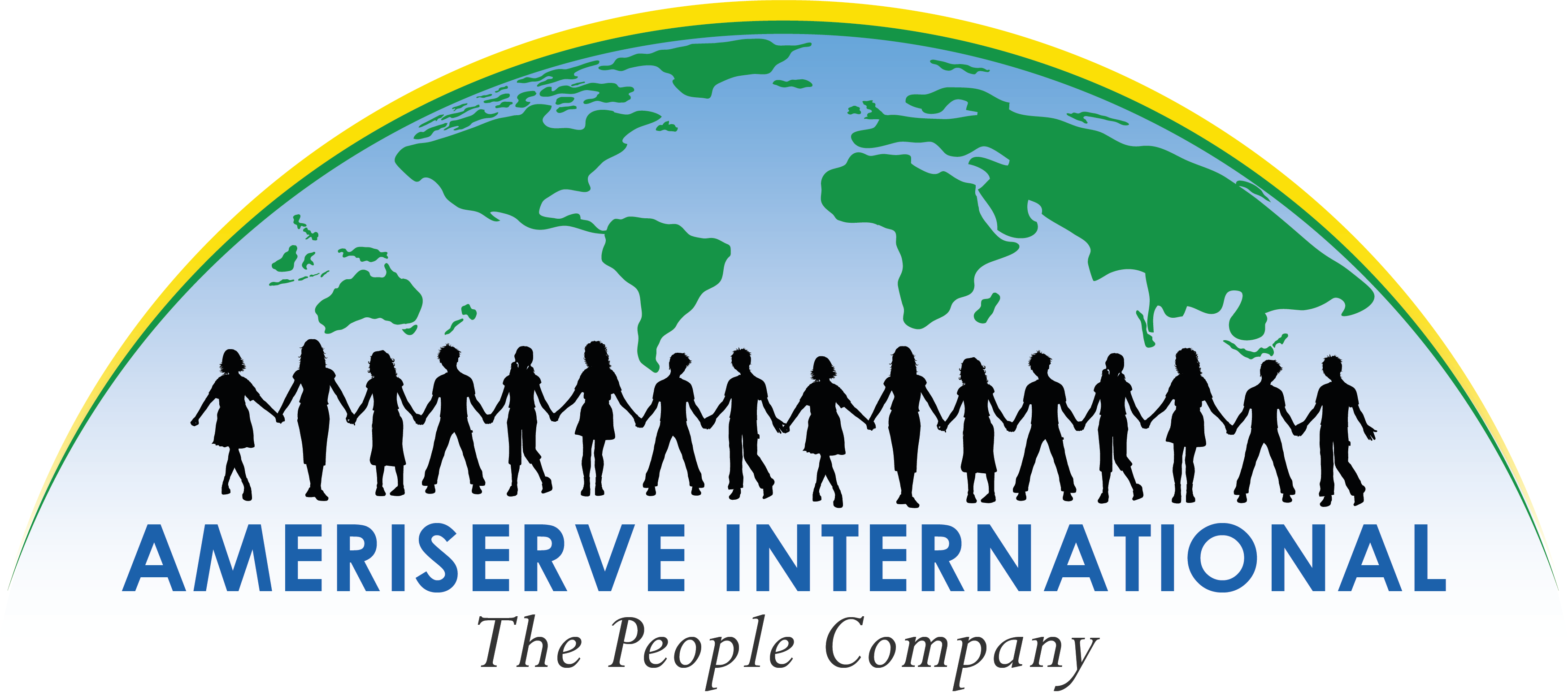How HCBS Supports Independent Living
Discover how Home and Community-Based Services (HCBS) support independent living for adults with disabilities. Learn about personalized care plans, skill development, and community integration.
Home and Community-Based Services (HCBS) play a vital role in supporting independent living for adults with disabilities. These services provide personalized care, skill development, and community integration, empowering individuals to live more independently and improve their quality of life. This blog post explores how HCBS fosters independence and promotes well-being for adults with disabilities.
Understanding HCBS
What Are Home and Community-Based Services? HCBS are a range of services that support individuals with disabilities in their own homes and communities. These services are designed to help individuals achieve greater independence and enhance their overall quality of life.
Types of HCBS
- Personal Care Assistance: Help with daily living activities such as bathing, dressing, and meal preparation.
- Day Habilitation Programs: Structured activities aimed at developing life skills and promoting social interaction.
- Supported Employment: Assistance in finding and maintaining meaningful employment.
- Respite Care: Temporary relief for primary caregivers, allowing them to rest and recharge.
Personalized Care Plans
Tailoring Services to Individual Needs One of the key benefits of HCBS is the development of personalized care plans. These plans are tailored to meet the unique needs and goals of each individual. The process involves:
- Assessment: Evaluating the individual’s abilities, preferences, and support needs.
- Goal Setting: Establishing short-term and long-term goals that focus on enhancing independence.
- Care Planning: Creating a detailed plan that outlines the services and supports required to achieve the established goals.
Ongoing Monitoring and Adjustment Personalized care plans are not static; they are regularly reviewed and adjusted based on the individual’s progress and changing needs. This ensures that the support provided remains relevant and effective.
Skill Development
Daily Living Skills HCBS programs focus on teaching essential daily living skills, enabling individuals to manage their own lives more effectively. These skills include:
- Personal Hygiene: Bathing, grooming, and dressing.
- Household Management: Cooking, cleaning, and organizing the home.
- Money Management: Budgeting, paying bills, and handling financial transactions.
Vocational Skills For those seeking employment, HCBS offers vocational training and support. This includes:
- Job Readiness Training: Preparing individuals for the workforce by teaching job search skills, resume writing, and interview techniques.
- On-the-Job Support: Providing assistance with job placement and ongoing support to help individuals maintain employment.
Cognitive and Social Skills HCBS also focuses on developing cognitive and social skills, which are essential for independent living. Activities and training programs are designed to improve:
- Problem-Solving: Enhancing the ability to make decisions and solve everyday problems.
- Communication: Building effective verbal and non-verbal communication skills.
- Social Interaction: Encouraging participation in social activities and fostering relationships.
Community Integration
Promoting Social Inclusion Community integration is a fundamental aspect of HCBS. These services encourage individuals to participate in community activities and build social connections. Benefits include:
- Sense of Belonging: Feeling included and valued within the community.
- Building Relationships: Developing friendships and support networks.
- Access to Community Resources: Utilizing local resources such as recreational facilities, libraries, and healthcare services.
Participation in Community Activities HCBS programs often organize community outings and activities that promote social interaction and community involvement. Examples include:
- Recreational Activities: Sports, arts and crafts, and group outings.
- Volunteer Opportunities: Encouraging individuals to give back to their communities through volunteer work.
- Educational Programs: Providing access to adult education classes and workshops.
Enhancing Physical and Emotional Well-Being
Encouraging Physical Activity Many HCBS programs incorporate physical activities into their daily schedules, promoting health and fitness. These activities can include:
- Exercise Classes: Yoga, aerobics, and dance classes designed for varying abilities.
- Outdoor Activities: Walking, hiking, and team sports.
- Adaptive Sports: Providing opportunities for individuals with disabilities to participate in sports.
Emotional Support and Counseling Emotional well-being is a critical component of independent living. HCBS provides emotional support through:
- Counseling Services: Offering individual and group counseling to address mental health needs.
- Support Groups: Facilitating peer support groups where individuals can share experiences and provide mutual support.
- Stress Management: Teaching techniques for managing stress and coping with challenges.
Benefits for Guardians and Families
Respite Care HCBS offers respite care services that provide temporary relief for primary caregivers. This allows caregivers to take a break, attend to personal matters, or simply rest, knowing their loved one is receiving professional care.
Peace of Mind Guardians and families benefit from the assurance that their loved one is in a safe and supportive environment. Regular updates and open communication with HCBS providers ensure that families are involved in care decisions and informed about their loved one’s progress.
FAQ
What are Home and Community-Based Services (HCBS)? HCBS are services that support individuals with disabilities in their homes and communities, focusing on personalized care, skill development, and community integration.
How do HCBS support independent living? HCBS support independent living by providing personalized care plans, teaching essential life skills, promoting community integration, and offering physical and emotional support.
What types of skills do HCBS programs teach? HCBS programs teach daily living skills, vocational skills, cognitive skills, and social skills to enhance independence and quality of life.
How do HCBS promote community integration? HCBS promote community integration by encouraging participation in community activities, building social connections, and utilizing local resources.
What emotional support do HCBS provide? HCBS provide emotional support through counseling services, support groups, and stress management techniques, enhancing overall well-being.
How do HCBS benefit families and guardians? HCBS offer respite care, provide peace of mind, and involve families in care decisions, ensuring their loved ones receive comprehensive support.
Conclusion
Home and Community-Based Services (HCBS) are essential for supporting independent living for adults with disabilities. By providing personalized care, developing essential skills, and promoting community integration, HCBS empowers individuals to lead fulfilling and independent lives. Families and guardians can also benefit from the support and peace of mind that HCBS offers, knowing their loved ones are in capable hands.
